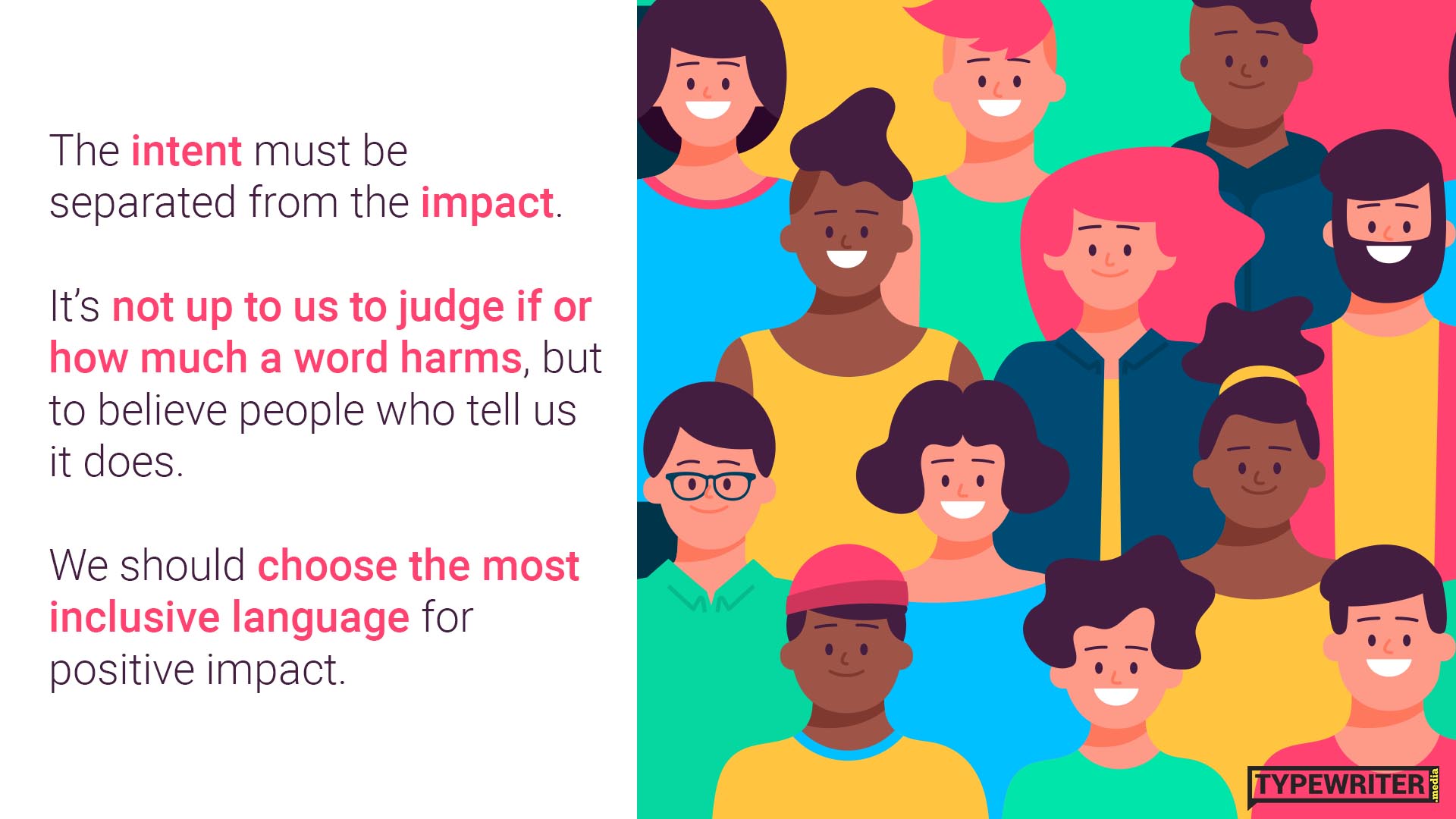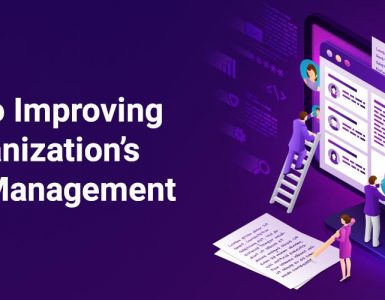Words matter. And what matters even more is the meaning these words convey.
In the content sector, the last few years have seen a lot of discussion around the use of racist language/words that have become commonplace.
Words like master, slave, blacklist & dark UX have harmful undertones to them. Especially in the field of tech communications, where they all seem to be used the most.
The tech industry uses ‘master’ to describe components of software and hardware in which one process or device controls another. But such antiquated words either remind or bring forth the discriminatory connotations associated with it.
Why words matter
In a conversation, a single word can make or break the relationship.
In a business, a single word can make or break the reputation.
And in your own mind, a single word can define your thoughts. That is the power of a single word.
Language carries our narrative. And like any other system in the world, it can be used for inclusion or exclusion. We spend our time thinking about how to design and build systems. But when it comes down to naming, we tend to add careless labels that reflect serious longstanding institutional racism.
A recent CNN article covers the origin of some of this racist language/words well:
- Master/slave – unconsciously speaks of the history of racial slavery and racism.
- Blacklist/whitelist – subconsciously refers to the idea of black = bad and white = good.
- Blackmark – racializes that black is connoted as evil, bad, and disgraceful.
- Cakewalk – originated as a dance performed by enslaved Black people on plantations before the Civil War.
Bringing about change
Content, and language for that matter, should not hurt people. If at any given point of time you are confused about using a certain word, consider what the Intuit Content Design Team says in their voice & tone guidelines:
If it’s harmful to one group, it’s harmful to all groups.
The intent must be separated from the impact. It’s not up to us to judge if or how much a word harms, but to believe people who tell us it does. We should choose the most inclusive language for positive impact.
As Atlassian puts it –
Inclusive language is free from words, phrases, or tones that reflect prejudiced, stereotyped or discriminatory views of particular people.
Organizations making a difference
- In 2014, Drupal replaced ‘master’ and ‘slave’ with ‘primary’ and ‘replica.’
- In 2014 itself, Django decided to replace ‘master/slave’ terminology with ‘leader/follower’.
- In 2018, Python changed ‘slaves’ to ‘workers’ or ‘helpers’ and ‘master process’ to ‘parent process’.
- Github has decided to change their default naming conventions for initial repository branches from ‘master’ to ‘main.’
- Google’s Chromium and Android have encouraged their developers to use ‘blocklist/allowlist’ instead of ‘blacklist/whitelist’. Atlassian has done the same.
- Twitter too has announced that it is dropping master, slave, and blacklist from its code.
- JP Morgan is also taking similar steps as Twitter.

These organizations have taken the conscious decision to re-examine their language, instead of taking it for granted. This is a huge step because it will surely pave way for all organizations – big & small, to focus further on creating a safe and inclusive environment for all.
What to do next
First, educate yourself about the various racist language you might be unconsciously using in your business/professional communication.
If you are a business owner or content/communications professional, set a solid brand voice & tone guideline for your brand.
Some best practices to consider-
- Avoid stereotyping/generalizations of any kind.
- Avoid emphasis on differences between any group/ethnicity/race of people.
- Analyze and make sure the language has no offensive metaphorical meaning.
- Does the language promote inclusivity? If not, does it specify exclusivity? If it does specify, don’t use it.
- Would the language have a negative impact on a group of people even if that wasn’t your intention? If yes, don’t use it.
- If the words have religious origins, don’t use them.
- Avoid any language that perpetuates a ‘them and us’ mentality.
Few resources to help you out
- Atlassian Inclusive Language Guidelines
- Intuit Accessibility & Inclusion Guidelines
- United Nations Guidelines for Gender-Inclusive Language
- Buffer Guide to Inclusive Language
- Sprout social Inclusive Language Guidelines
In an age of ‘Black Lives Matter’ and ‘HeForShe’, equality has moved forward from just being theories to actual ideologies. And, if we believe in fostering an equitable, diverse, and respectable work culture, the words must matter.
I invite you to join my small but awesome community. Just drop in your email below and I’ll send you awesome content every week.
Pattern vector created by freepik - www.freepik.com Photo by Nathan Dumlao on Unsplash



